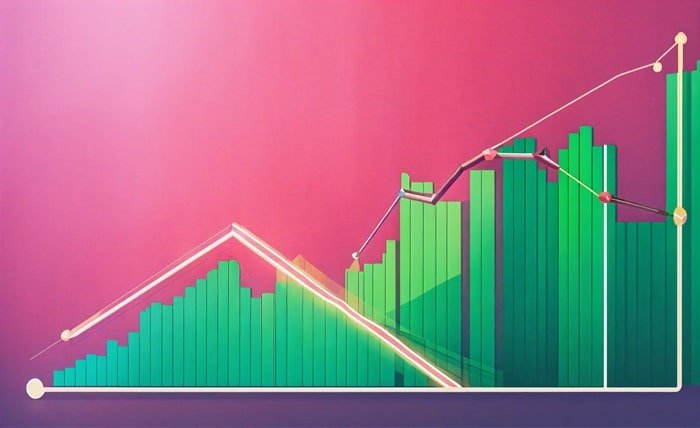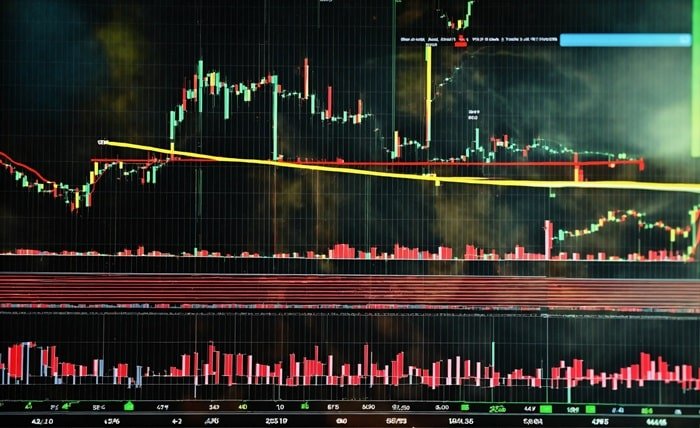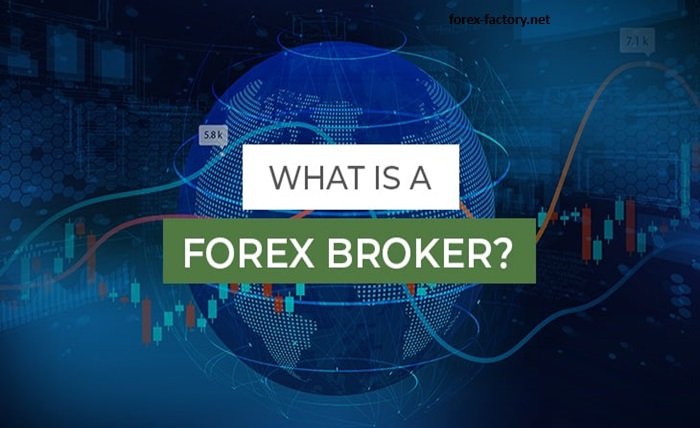The foreign exchange market, or forex for short, is the largest financial market globally. If you’re considering venturing into forex trading, choosing the right forex company is crucial for your success. This blog post unpacks the services offered by forex companies, highlights key factors to consider when selecting a broker, and empowers you to make an informed decision.
Understanding Forex Companies: Your Gateway to the Currency Market
Forex companies, also known as forex brokers, act as intermediaries between you and the vast forex market. They provide a platform for you to buy and sell currencies, speculate on price movements, and potentially profit from exchange rate fluctuations.
Services Offered by Forex Companies: Beyond Just Trading
While forex trading is a core service, reputable forex companies offer a range of features to enhance your experience:
- Trading Platforms: User-friendly platforms to execute trades, monitor market movements, and analyze charts.
- Market Analysis and Research: Insights from experienced analysts to stay informed about economic data and global events impacting currency markets.
- Educational Resources: Forex companies often provide educational materials, webinars, and glossaries to help beginners understand forex trading concepts.
- Customer Support: Reliable customer support to address any issues or queries you might encounter.
A Diverse Landscape: Different Types of Forex Companies
The forex market landscape consists of various types of forex companies:
- Retail Forex Brokers: These cater to individual traders, offering user-friendly platforms and educational resources.
- Institutional Forex Brokers: They primarily focus on serving institutional clients like banks and investment firms.
- Electronic Communication Networks (ECNs): These connect multiple forex market participants to facilitate trades directly between them.
Choosing the Right Forex Company: Factors to Consider
Selecting a forex company requires careful consideration. Here are some key factors to keep in mind:
- Regulation: Ensure the company is regulated by a reputable financial authority to protect your funds.
- Trading Platforms: Choose a platform that suits your needs, offering the features and tools you require for your trading style.
- Fees and Spreads: Compare fees like commissions and spreads (the difference between the buy and sell price) to find a cost-effective option.
- Account Types: Select an account type aligned with your experience level and preferred deposit amount.
- Customer Support: Reliable and responsive customer support is essential for addressing any challenges you might face.
Exploring Beyond the Big Names: Unveiling Alternative Options
Don’t limit yourself to the most prominent forex companies. Several smaller brokers offer competitive features and cater to specific needs, like scalping or serving particular regions.
The Importance of Demo Accounts: Practice Before You Commit
Many forex companies offer demo accounts with virtual funds. Utilize these to test the platform, experiment with trading strategies, and ensure the company aligns with your preferences before risking real capital.
Conclusion: Finding Your Forex Partner
Choosing the right forex company is an investment in your trading journey. By understanding the services offered, considering key factors, and exploring available options, you can find a reputable and reliable partner that empowers you to navigate the exciting world of forex trading.
Easily access your PW account with the secure pwlogin.in portal. Learn how to log in, recover your password, and troubleshoot common login issues for a seamless experience. Quick and simple steps!
Frequently Asked Questions
Q: Is forex trading risky?
A: Yes, forex trading carries inherent risks. Always start with a demo account and educate yourself before risking real capital.
Q: How much money do I need to start forex trading?
A: Minimum deposit requirements vary between forex companies. Some allow you to start with very little, while others require a larger initial investment.
Q: Can I make money in forex trading?
A: While forex trading offers the potential for profits, it also comes with the risk of losses. Success requires knowledge, strategy, and proper risk management.
Q: What are some resources to learn about forex trading?
A: Many forex companies offer educational resources, and numerous online courses and platforms can help you learn the basics of forex trading.
Q: Do I need to be an expert to trade forex?
A: Success in forex trading requires education and practice. While you don’t need to be an expert to start, a strong foundation in market knowledge and risk management is crucial.




